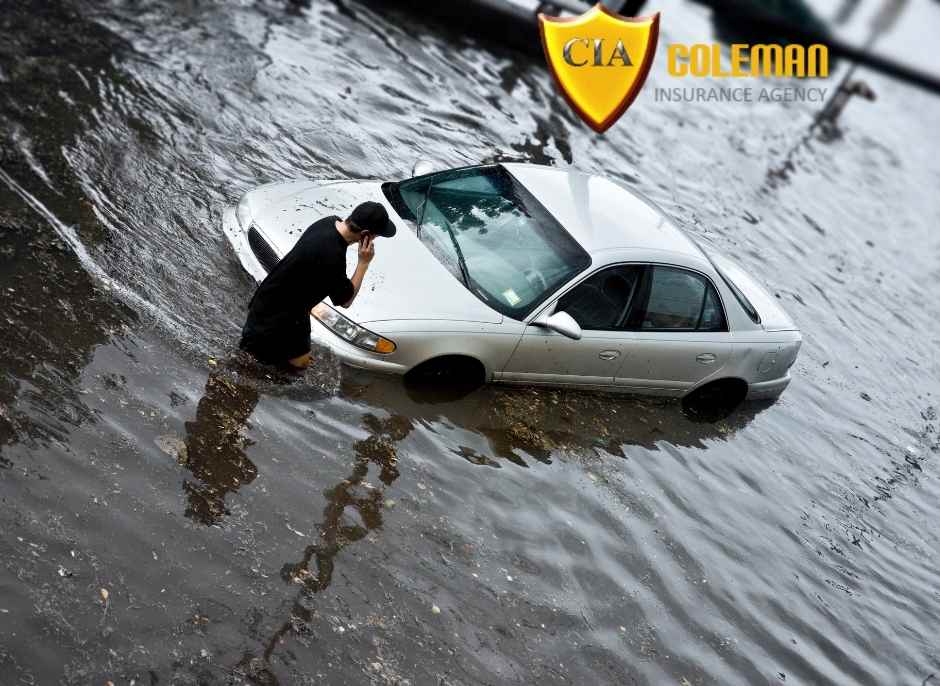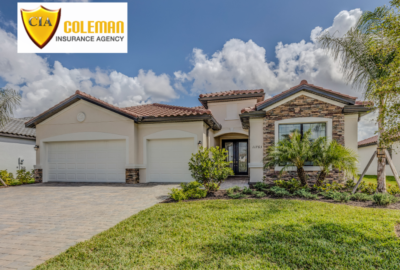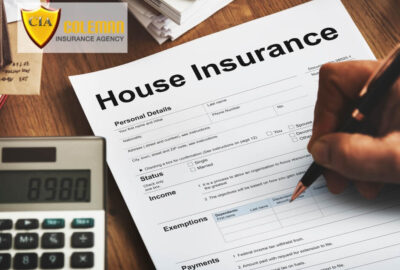Homeowners Insurance
Everything You Need to Know About Insurance in a Flood Zone
Here are a few facts about flood insurance in Florida.
Despite the fact that flood insurance in Florida may seem like a no-brainer to many people in the state, millions of residents choose not to be covered. Every year, this results in many homeowners being faced with insurmountable bills related to flood damage.
If you live in one of our state’s special flood hazard areas, it’s essential that your home or business is properly covered from flooding. In case you don’t know a lot about the importance of insurance in a flood zone, we’re going to tell you everything you need to know.
You Must Purchase this Insurance Separately
Many homeowners are under the impression their homeowner’s insurance policy automatically provides flood coverage. The reality is that home insurance coverage in both low-risk and high-risk flood zones will not protect you. If you want to be fully covered in a hurricane or any other similar situation, then you’ll need to purchase flood insurance separately.
Coverage Is Most Likely Mandatory
The state of Florida takes flood coverage very seriously because of the heavy costs involved with not being properly insured. If you live in a high-risk area, then your household will require flood insurance. In other states, certain areas may make flood insurance mandatory as well, so if you ever think about moving, be sure to check their specific policies.
Low-Risk Areas Should Consider Insurance
Many homeowners who live in low-risk flood zones don’t bother with flood insurance because they simply think they’ll never need it. Unfortunately, this line of thinking results in millions of dollars’ worth of damage to homes located in low-risk areas every single year. Even if you don’t live in a high-risk area, you should consider getting flood insurance because there’s no guarantee a hurricane or other severe storm won’t affect your area.
High-Risk Areas Will Cost More
It will probably come as no surprise to learn that if you live in a high-risk flood zone, you’re going to pay a higher insurance coverage premium. Simply put, high-risk areas translate to higher insurance claim rates and higher payouts. In order to offset the risk involved to the insurance agent for these potential situations, the consumer’s cost reflects the flood risk.
Other Factors That Alter Rates
As with any type of insurance, a variety of factors will determine your monthly premium. Some of these may be out of your control since they pertain to the home or business itself, but others can be altered so as to lower your payments.
Here are some of the factors that you’ll want to discuss with your insurance agent:
- Year of construction
- Building occupancy
- Number of floors
- Location of contents
- Deductible
- Amount of coverage
Minor Water Damage Has Major Costs
Many homeowners don’t realize just how devastating even a small amount of water can be to their home. Just think about the carpets, flooring, furniture, and everything else that could be ruined if it were to sit in water for any period of time. In fact, a mere one inch of standing water can cost the average home $25,000 or more. When it comes to flooding, there’s really no such thing as a small repair cost.
Private Costs Less Than NFIP
Created by Congress in 1968, the National Flood Insurance Program (NFIP) is conducted through FEMA and enables homeowners, business owners, and renters to purchase federally secured flood insurance. The program’s goal is to provide affordable insurance to property owners, along with assistance and recommendations as needed. However, in many cases, private flood insurance companies will cost you less than going through NFIP.
Housing Renters
Many people are under the impression that only homeowners can purchase flood insurance. Like many forms of insurance, however, renters are also welcomed to purchase a flood insurance policy. The owner of your home, apartment, condo, or other type of domicile may already be required to have a flood insurance policy, but you always have the option to purchase additional flood insurance if the owner’s policy limits don’t fit your needs.
Mitigate Damage Via FEMA
The Federal Emergency Management Agency (FEMA) provides a wealth of information about all types of disasters. If you would like advice on how to mitigate damage in the event of a severe storm or any other type of disaster advice, their website is a fantastic source. You can start on their main page here and then check out the headings “Disasters & Assistance” and “Flood & Maps.”
Contact Coleman Insurance Agency for Insurance in a Flood Zone
If you live in a flood zone, it’s imperative that you have the proper amount of insurance to cover your property and belongings. Coleman Insurance Agency can assist you with purchasing insurance in a flood zone or any other insurance needs such as homeowners, auto, life, and more. If you have any questions or would like a free quote, reach out by calling (727) 441-9911 today.
Comments are closed








